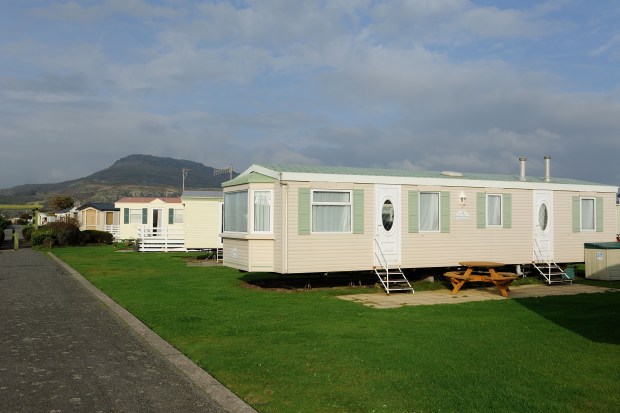The writer is First Deputy Governor of the Bundesbank and chair of the Central Banks and Supervisors Network for Greening the Financial System
It is clear that the effects of climate change have started to influence the monetary policy considerations of several central banks. Unfortunately, such factors will become even more relevant in the future.
Severe weather events are intensifying, and so too are their economic impacts. Tropical storm Helene in south-eastern US is just the latest reminder of the damage that can be wrought.
The annual damages on properties caused by natural catastrophes have more than doubled in real terms over the past two decades, reaching $280bn globally in 2023, according to Swiss Re. The overall impact is much larger, as acute physical effects ripple through the economy, influencing supply, demand and financial flows — and thus also monetary policy.
A new Network for Greening the Financial System report compellingly illustrates how natural catastrophes such as floods and hurricanes affect the economy. They destroy homes, local infrastructure and production sites, requiring years and enormous amounts of money to rebuild. Waning confidence could prompt companies and households to cut back on spending, further undermining economic growth prospects.
Price impacts are not spared, as severe weather events, among other factors, damage agricultural production and drive up food prices across regions. These sectoral effects can lead to an increase in overall inflationary pressures, depending on how much a drop in demand balances them out. For instance, droughts tend to exert upward pressure on headline inflation for several years, with developing economies especially affected, because of their higher dependency on agriculture.
Against this backdrop, central banks might face the complicated task of taming inflationary pressure in a weak economy. Think of a situation when rising inflationary pressure might warrant policy tightening — particularly for central banks, whose primary mandate is price stability — even though this could contribute to economic strain. The State Bank of Pakistan, for instance, in 2022 opted to continue raising policy rates after the devastating floods caused a sharp increase in food prices.
Climate change — and its uncertain outcomes — mean that central banks must focus on looking ahead and extend their horizon beyond the usual projection period. Estimates of future impacts illustrate what could be in store for the economy and the financial sector. At a global level, climate change could drive up annual food price inflation by between one and three percentage points by 2035, according to a study of the European Central Bank and the Potsdam Institute for Climate Impact Research.
However, most studies still fail to consider the risk of crossing climate tipping points, which can significantly accelerate climate change. According to the OECD, ignoring these critical thresholds results in a severe underestimation of the economic costs. Extreme weather events can also bring us closer to these tipping points. The current drought in the Amazon region — the most severe since systematic recording began in 1950 — exemplifies this risk. With one-fifth of the Amazon rainforest already lost, mostly due to deforestation, concerns are mounting that this carbon sponge is on the brink of collapse. That would trigger a cascade of climate events, leading to higher economic costs globally.
What is more, uncertainties surrounding the magnitude and duration of severe weather events — coupled with governments’ responses — will make the short-term forecasting of key economic indicators particularly challenging. An example is Hurricane Katrina in 2005, and the subsequent landfalls of hurricanes Rita and Wilma. In the highly dynamic weeks and months that followed, staff of the Federal Reserve adjusted their estimates of output and inflation a few times, as new information trickled in. Throughout the process, the Fed remained predictable in its actions, highlighting that good communication is key.
Central banks have another side to watch, too, namely the green transition. Inflation and output may become more volatile as we undergo a transformation of the energy sector and supply chains. In the short term, carbon pricing and rising climate investments could reinforce inflationary pressures.
Intensifying climate change adds to the array of challenges that monetary policy needs to adjust to. As extreme weather events become more frequent, central banks must pay even greater attention to longer-term inflation expectations. Though the reaction of each central bank will depend on its mandate, clear communication is essential to guide market expectations and ensure that policy decisions are well understood.
Climate Capital

Where climate change meets business, markets and politics. Explore the FT’s coverage here.
Are you curious about the FT’s environmental sustainability commitments? Find out more about our science-based targets here
















































































































































You must be logged in to post a comment Login